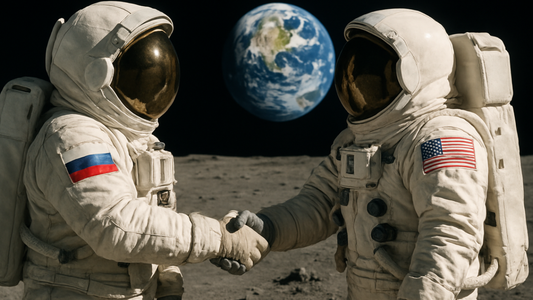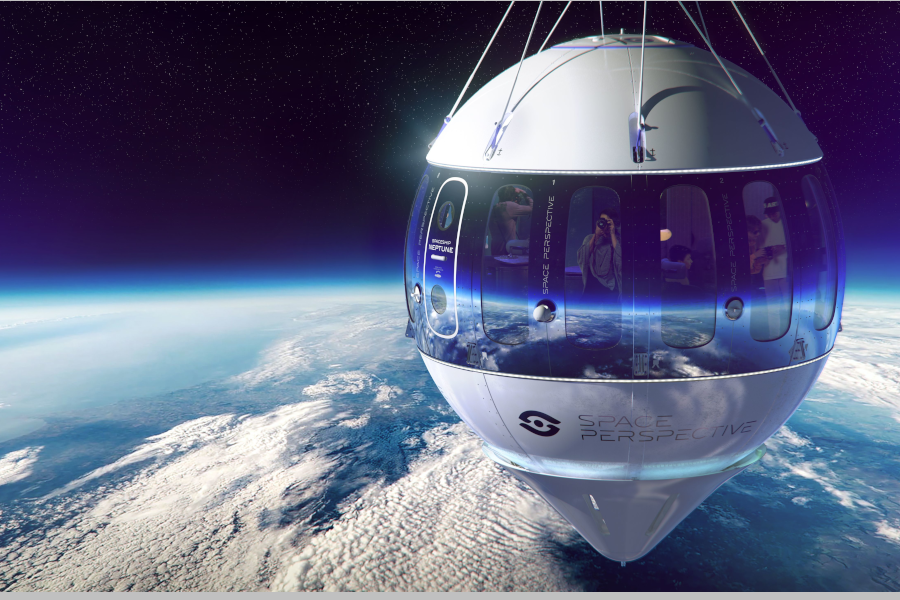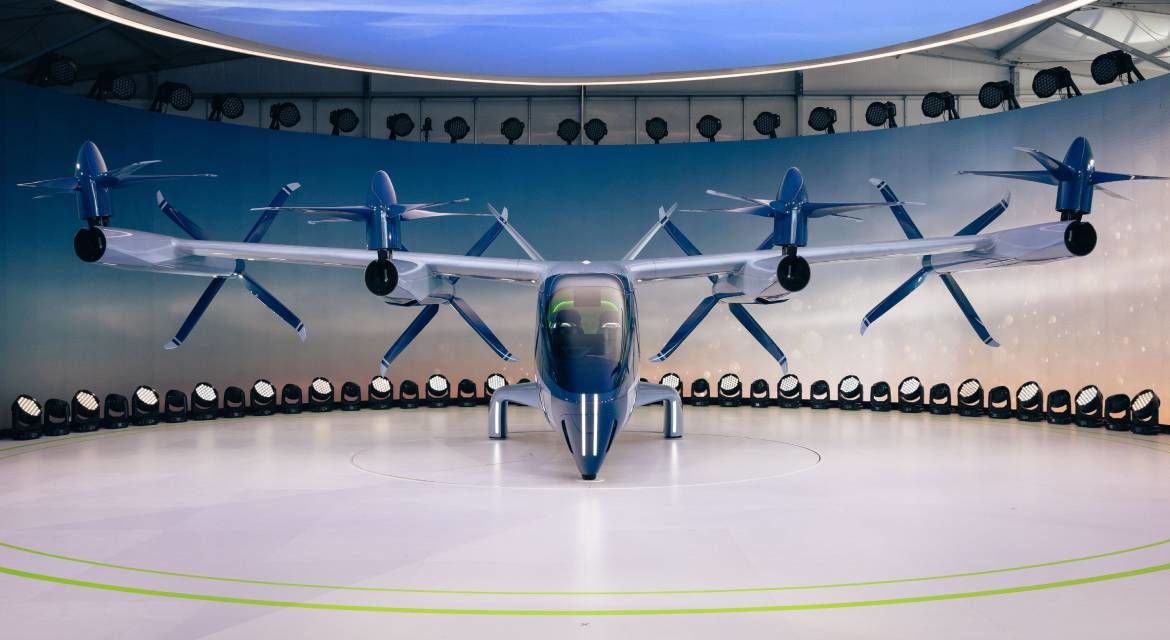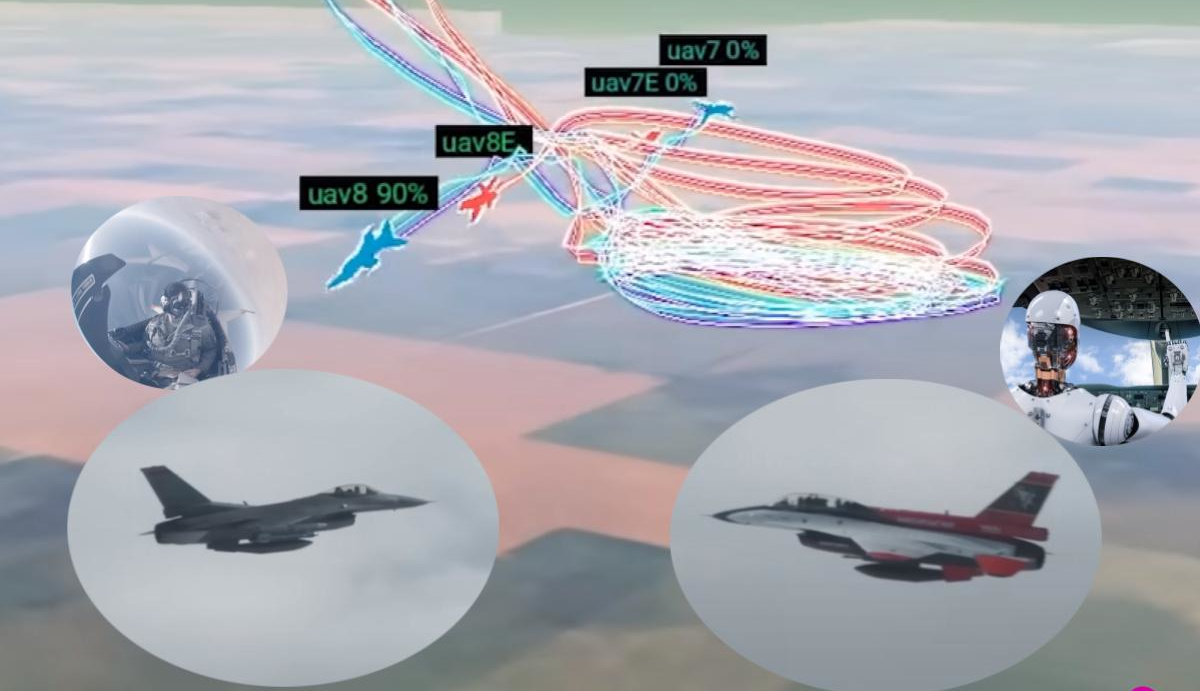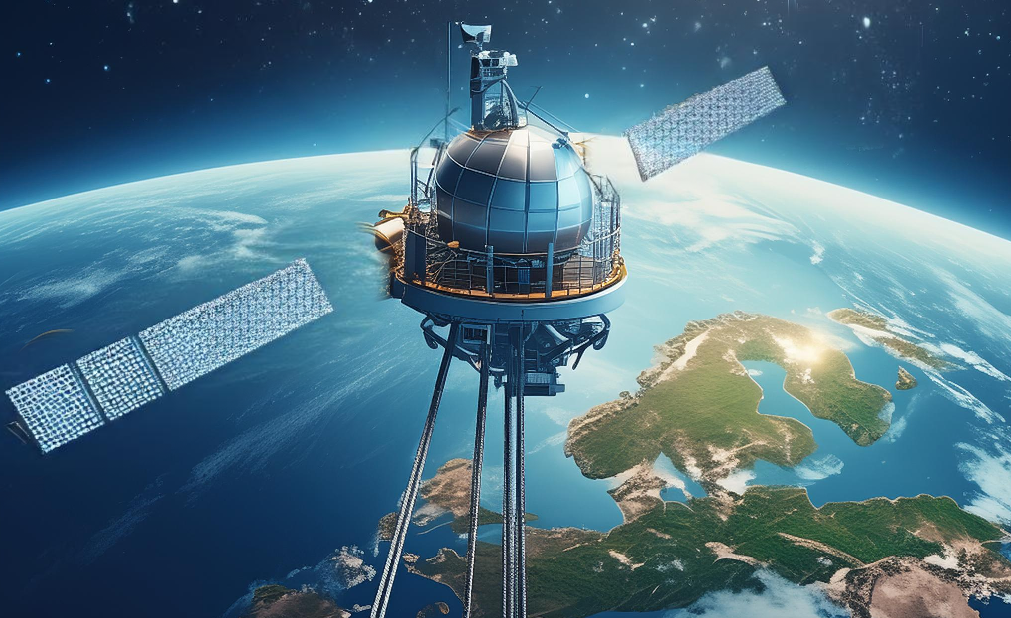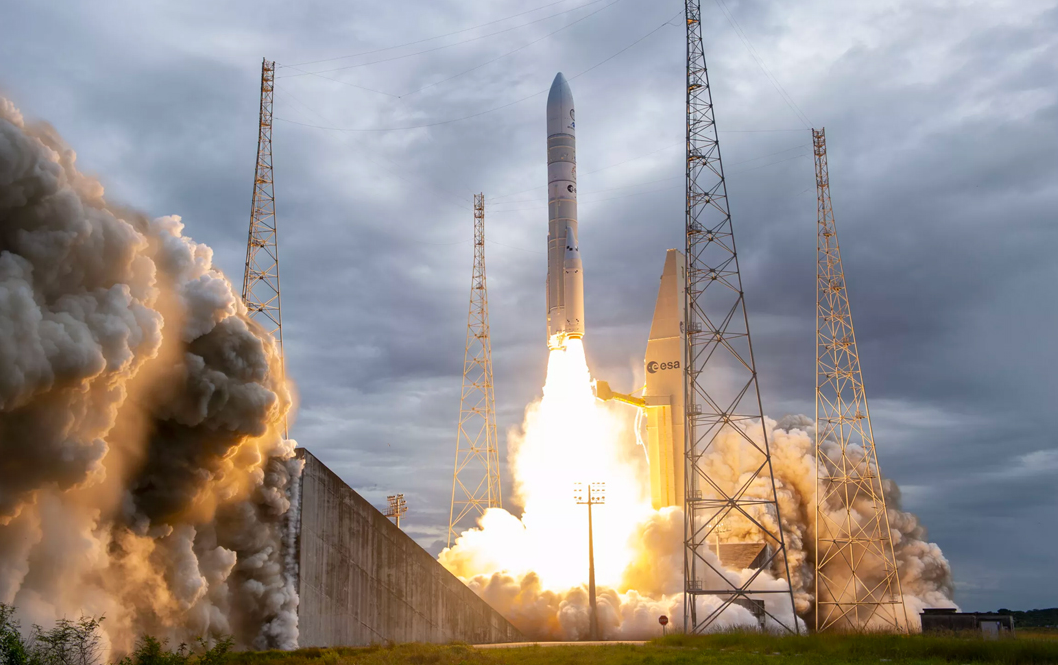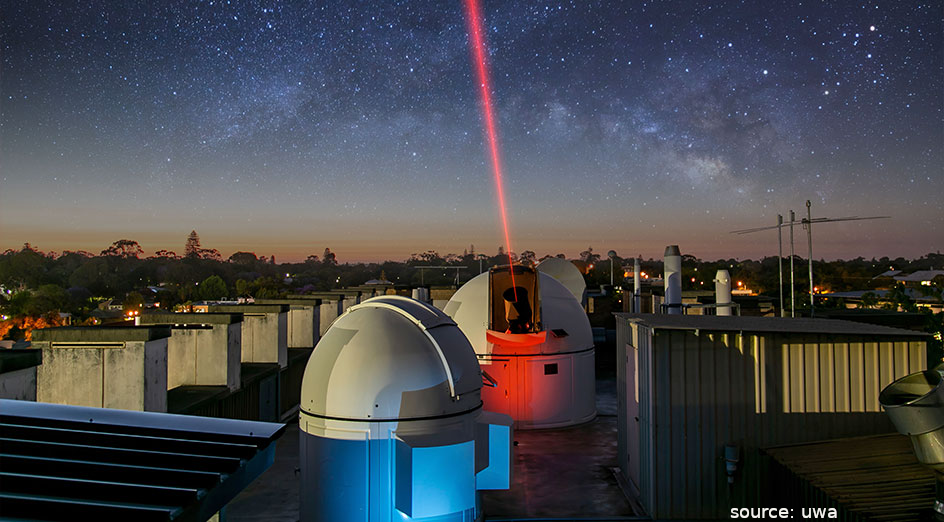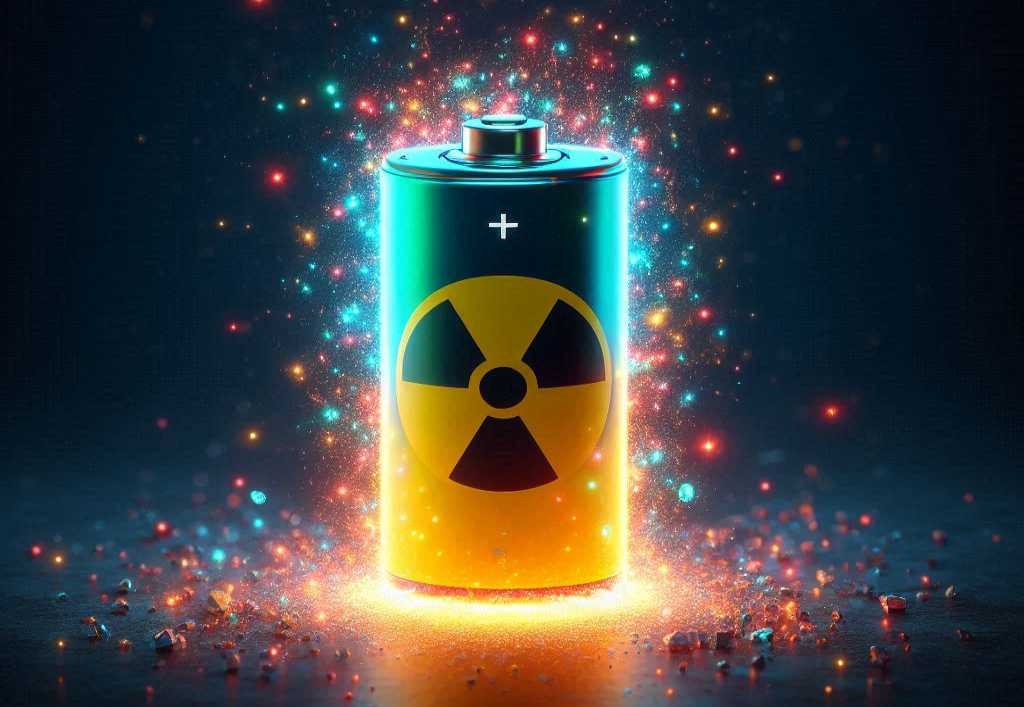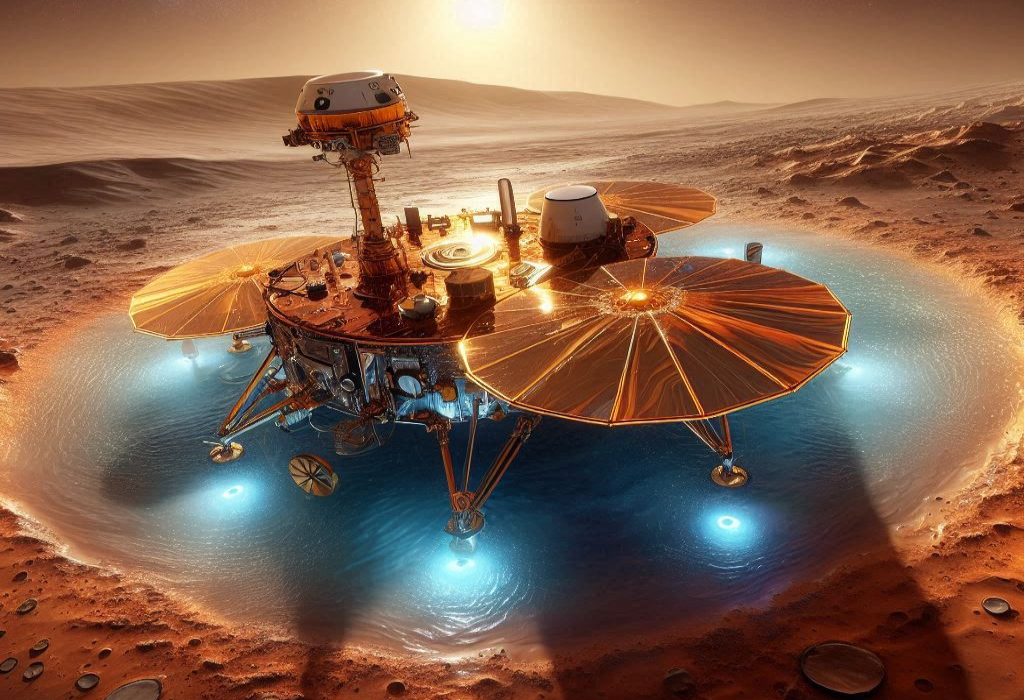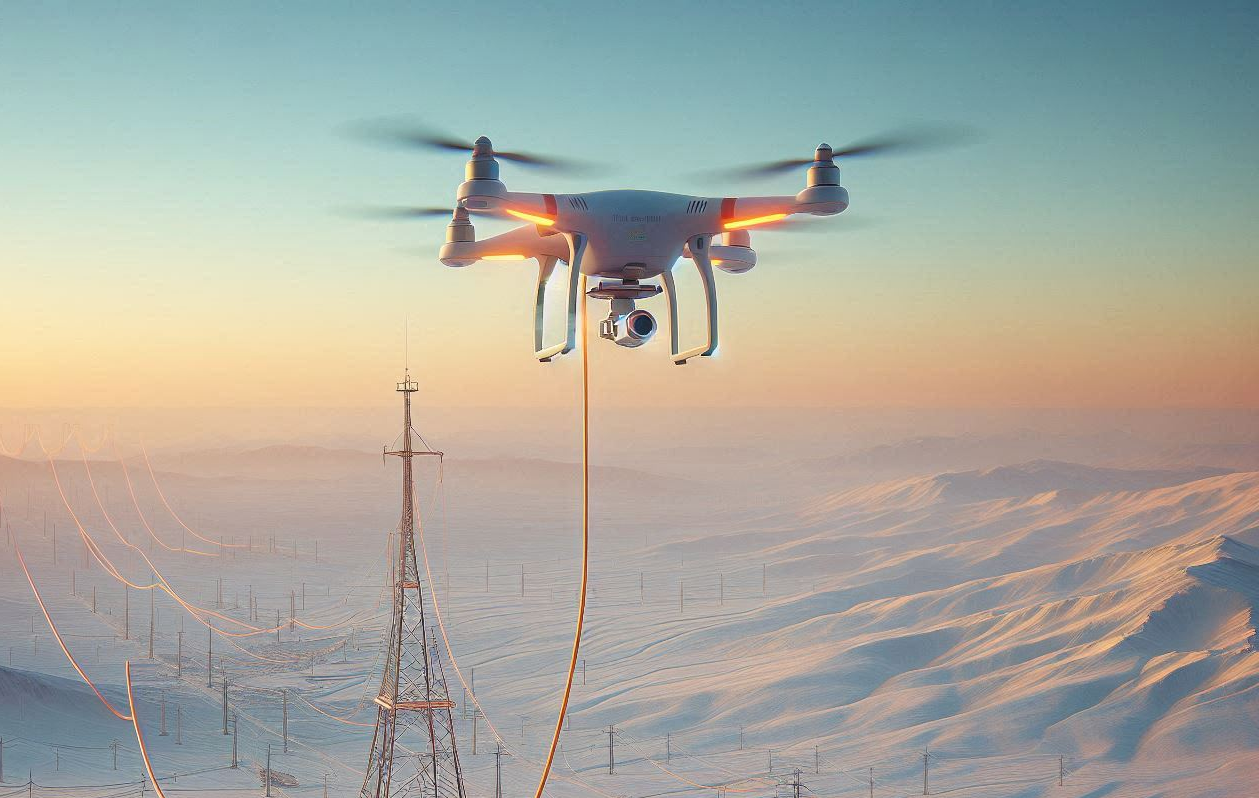Despite the escalating conflict in Ukraine and ongoing political tensions between the United States and Russia, Washington doesn't seem to be abandoning space cooperation with Moscow. In a world where international collaboration is disintegrating in several areas, space remains an almost singular arena where both parties maintain active communication channels and existing partnerships.
In a notable step reinforcing this path, the Kennedy Space Center in Florida witnessed a high-level meeting on July 31, bringing together Sean Davy, acting administrator of the U.S. space agency NASA, and Dmitry Bakanov, head of the Russian space agency Roscosmos. This encounter was considered the first of its kind in years. During the meeting, both sides discussed the future of their partnership in space projects and reaffirmed their commitment to several vital agreements, most notably extending the operation of the International Space Station until 2028.
The agreements that emerged from the meeting weren't limited to the International Space Station. They also covered the continuation of the seat exchange program between astronauts from both countries, meaning Russian cosmonauts will continue to fly on American spacecraft, and vice versa. Ideas for cooperation in deep space and lunar exploration programs were also discussed, particularly those related to programs like the U.S. Artemis and Russian lunar projects, despite no formal agreement on joint projects there yet. Bakanov emphasized that preserving the historical legacy of space cooperation, which began with the Apollo-Soyuz mission in 1975, is a "shared responsibility," adding that "cutting ties would be easy, but restoring them would be costly and complex."
In contrast, Russia is clearly moving towards strengthening its space partnerships with China. This has been solidified through joint projects like a future lunar station planned by Beijing and Moscow, in addition to increasing technical cooperation between their space agencies. Europe, meanwhile, appears relatively weak in this field, especially after the reduction of the European Space Agency's role in major projects like the International Space Station and its gradual withdrawal from some strategically oriented missions.
This reality compels the United States to maintain its space relationship with Russia, not just for technical or historical reasons. There's no competing alternative to Russia in certain areas, such as spacecraft launches or expertise in managing orbital stations. Losing this cooperation could create a gap that would be difficult for Washington to fill in the short term, especially given the complexities of relations with China and Europe's limitations in space innovation and manufacturing.
